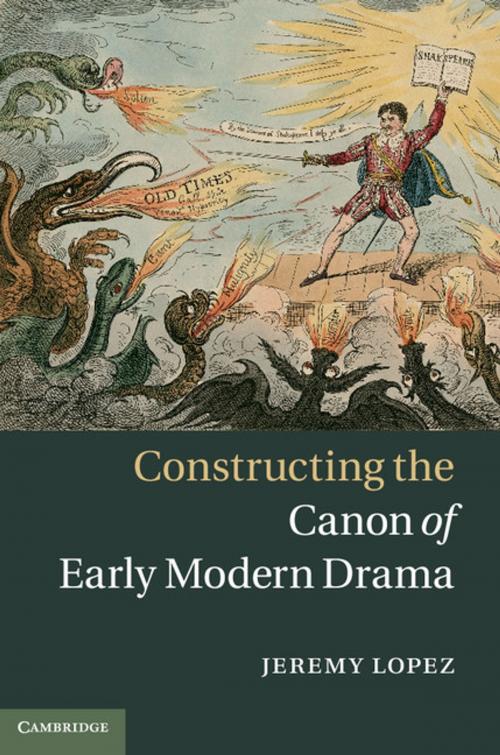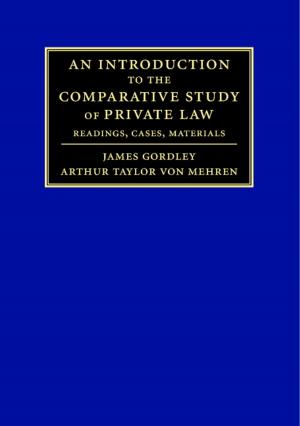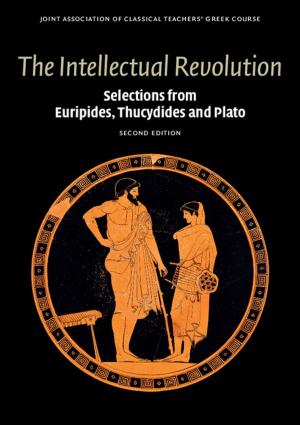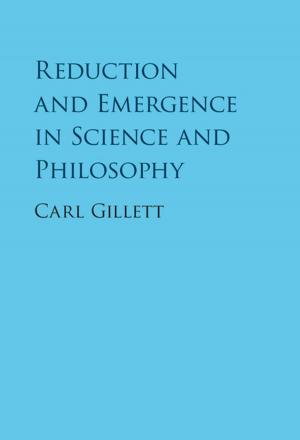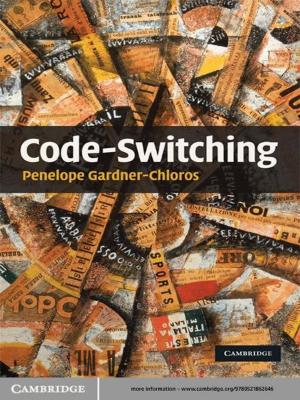Constructing the Canon of Early Modern Drama
Fiction & Literature, Literary Theory & Criticism, British, Nonfiction, Entertainment, Drama| Author: | Jeremy Lopez | ISBN: | 9781107720657 |
| Publisher: | Cambridge University Press | Publication: | January 16, 2014 |
| Imprint: | Cambridge University Press | Language: | English |
| Author: | Jeremy Lopez |
| ISBN: | 9781107720657 |
| Publisher: | Cambridge University Press |
| Publication: | January 16, 2014 |
| Imprint: | Cambridge University Press |
| Language: | English |
For one hundred years the drama of Shakespeare's contemporaries has been consistently represented in anthologies, edited texts, and the critical tradition by a familiar group of about two dozen plays running from Kyd's Spanish Tragedy to Ford's 'Tis Pity She's a Whore by way of Dekker, Jonson, Middleton and Webster. How was this canon created, and what ideological and institutional functions does it serve? What preceded it, and is it possible for it to become something else? Jeremy Lopez takes up these questions by tracing a history of anthologies of 'non-Shakespearean' drama from Robert Dodsley's Select Collection of Old Plays (1744) through those recently published by Blackwell, Norton, and Routledge. Containing dozens of short, provocative readings of unfamiliar plays, this book will benefit those who seek a broader sense of the period's dazzling array of forms.
For one hundred years the drama of Shakespeare's contemporaries has been consistently represented in anthologies, edited texts, and the critical tradition by a familiar group of about two dozen plays running from Kyd's Spanish Tragedy to Ford's 'Tis Pity She's a Whore by way of Dekker, Jonson, Middleton and Webster. How was this canon created, and what ideological and institutional functions does it serve? What preceded it, and is it possible for it to become something else? Jeremy Lopez takes up these questions by tracing a history of anthologies of 'non-Shakespearean' drama from Robert Dodsley's Select Collection of Old Plays (1744) through those recently published by Blackwell, Norton, and Routledge. Containing dozens of short, provocative readings of unfamiliar plays, this book will benefit those who seek a broader sense of the period's dazzling array of forms.
